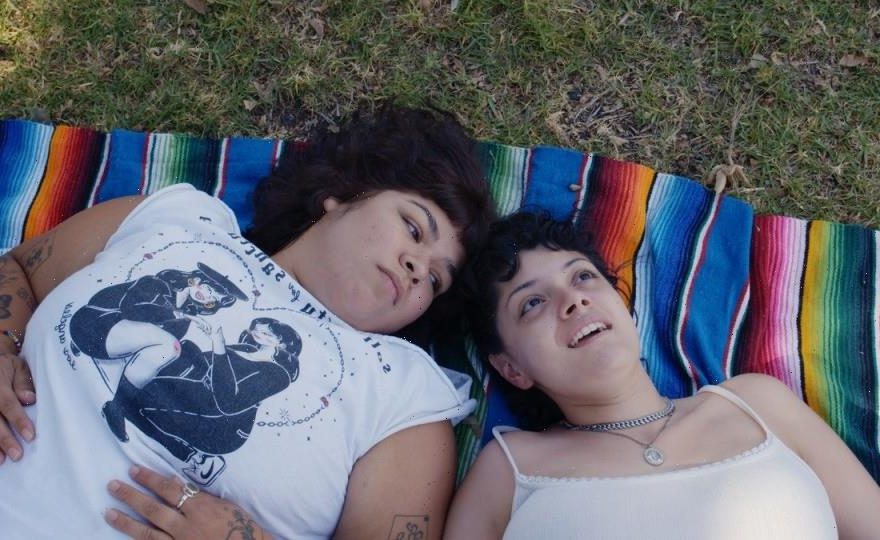Isabel Castro’s feature documentary debut, “Mija,” turns the standard music documentary on its head by instead focusing on the people behind the scenes, in this case 23-year-old music manager Doris Muñoz. When her otherwise successful career hits a road bump, she meets promising Chicana singer Jacks Haupts, with whom she bonds. Both are the first American-born members of their undocumented families on whose hopes for legal immigration rest. Success is not only a goal but a must.
Castro is a four-time Emmy nominated Mexican-American journalist-producer who has written on immigration issues for the New York Times and produced two seasons of the Emmy-winning series “Vice” on HBO, among others.
She spoke with Variety about her doc, which world premieres Jan. 22 at Sundance.
What motivated you to make “Mija”?
While covering immigration for the last 10 years, I was longing to tell a different kind of immigration story — one that didn’t exclusively center on the trauma and pain of that experience. I wanted to tell a story that looked at the incredibly complex dynamics of immigrant families and all the emotions they navigate, including guilt, resentment, and anger.
I was particularly interested in telling this kind of story from the perspective of someone who was coming of age. As a Mexican immigrant, I wanted to tell a story I craved myself when I was a teenager… when I was figuring out my identity, family and community.
How did your experience as a journalist inform your approach to making this doc?
The process of voice-over was largely influenced by my experience working with correspondents as a producer; oftentimes, I would take a first pass on figuring out the structure and cadence of the voice-over and then I would collaborate with correspondents to tell it in their voice. I think that my experience as a breaking news journalist also prepared me for the unexpected developments in the story — the pandemic completely shifted our anticipated approach and forced me to use muscles that I had developed in learning how to respond to unexpected changes in the field.
It’s quite evident that you achieved a key prerequisite for a good documentary: establishing a keen rapport with your subjects. How did you manage this?
I think that I was able to develop an intimate relationship with both Doris and Jacks because we connected about what it meant to be the daughter of immigrants. Though our experiences are all very different from each other, the film’s themes and emotions were ones that we could connect to either personally or emotionally. I also just saw myself a lot in both of their experiences as aspiring creatives. There are a lot of parallels between the music industry and the film industry; both are incredibly difficult, competitive and particularly daunting when you don’t have a blueprint for success.
What were the greatest challenges you faced in making it? I assume that the onset of the pandemic might have been one of them?
The pandemic certainly was the most unexpected and difficult challenge in making this film. We went through a process of having to let go and grieve the initial ideas for the film; we had anticipated going on tour and filming a lot of concerts and performances. I was personally expecting the beauty and energy of concerts to help propel the film. Instead, we had to find the beauty and energy of everyday life in lockdown, which was a big creative challenge — both visually and narratively. From a logistical level, the pandemic also posed a lot of challenges to protect the safety and health of our crew, characters and communities.
Source: Read Full Article
